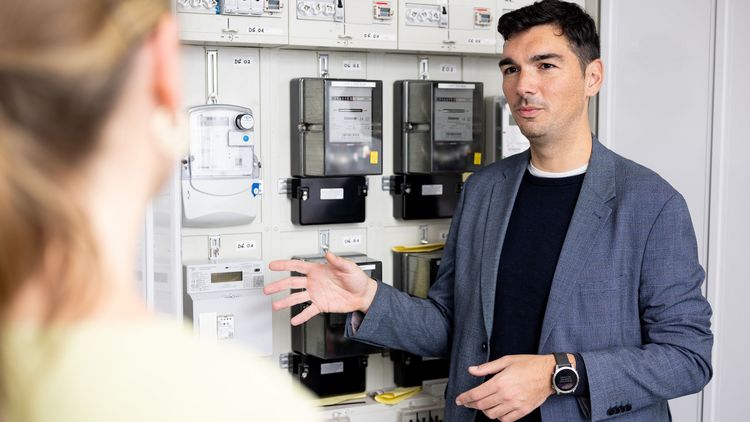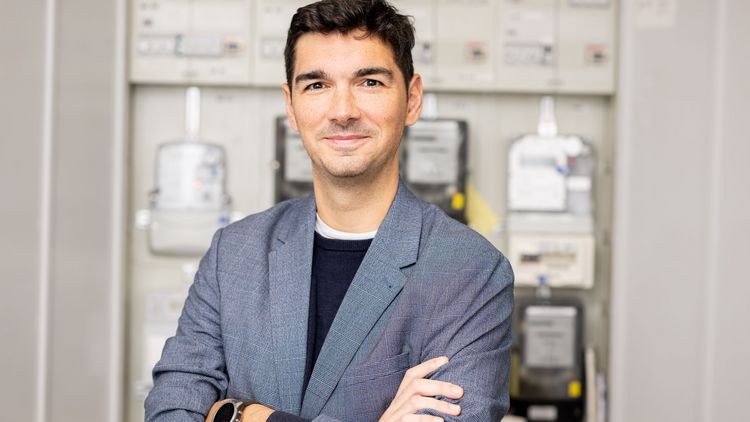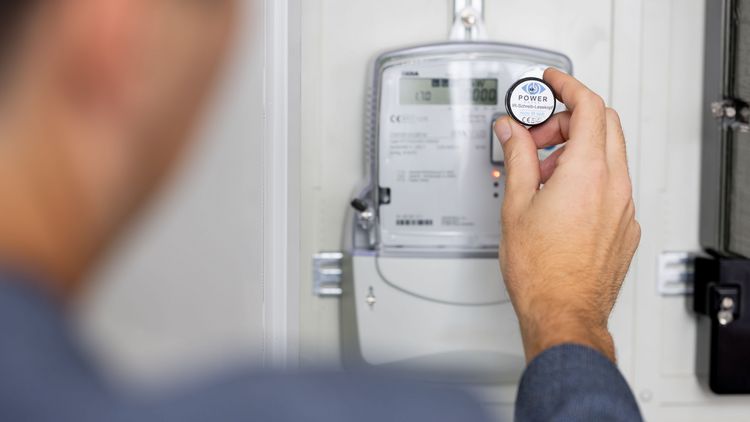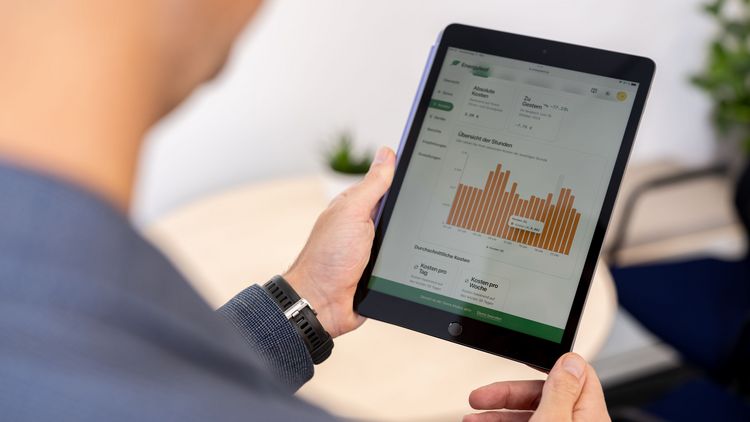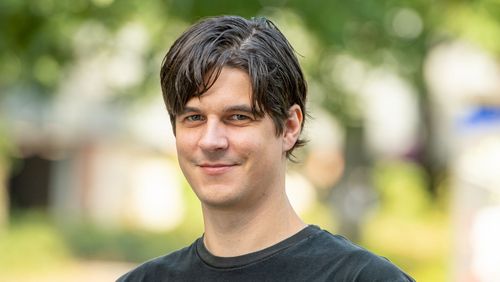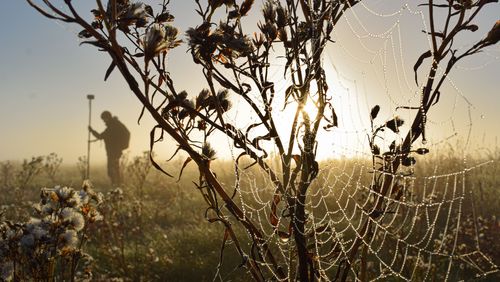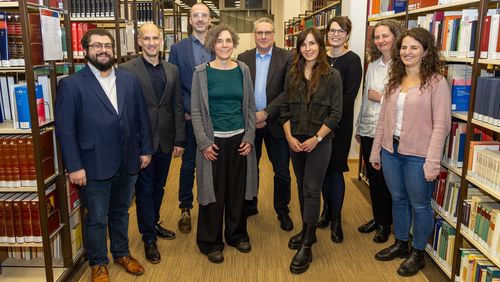Philipp Staudt, information systems researcher with a focus on environmental protection und sustainability, receives an ‘Impulse Professorship’. His aim is to enable people to assess their own energy requirements – and to act accordingly.
Success for Oldenburg’s information systems and sustainability research: Prof. Dr Philipp Staudt, who has been researching and teaching at the University of Oldenburg since 2022, has been awarded a “Lower Saxony Impulse Professorship”. From February 2025, the junior professor for Environmental and Sustainable Information Systems will receive a total of 526,000 euros in funding from the Volkswagen Foundation which he will use to advance his research and set up a new doctoral position. With the Impulse Professorship programme, the Lower Saxony Ministry of Science and Culture (MWK) aims to support „rising stars”, especially talented early-career academics. After up to five years of funding, Impulse Professorships become regular professorships.
Staudt is researching design concepts for digital tools that provide households with a clear overview of their electricity and gas consumption so that they can act accordingly. He has developed an app which gathers data from sensors attached to regular electricity meters and displays consumption in real time. In some cases, it can also break down how much energy individual devices are using and simulate energy costs, even with variable tariffs. This design-oriented research combines computer science and economics tools with social science methods – it is research “at the socio-technical interface of the energy transition”, as Staudt puts it.
Over the next few years Staudt will experiment with Energyleaf – the app he developed together with master’s students – in order to determine which design is most effective in making energy requirements more transparent for individuals and households and boosting their energy-saving efficiency. The information systems researcher believes this could also serve to close an important gap: the gap between the point at which a more energy-efficient and financially rewarding option is identified and the corresponding investment.
With this objective in mind, he plans to install sensors which are connected to the app on the digital electricity meters of several hundred households for two weeks at a time and gather the anonymised data in order to analyse how people use the software and how their electricity and gas consumption profiles and their behaviour interact. In addition, a number of interviews will be conducted to gain deeper insights. Thanks to the Impulse Professorship, next year Staudt will be able to add a doctoral student to his current team of three researchers.
The energy transition has been at the centre of Staudt’s research ever since he was a student at the Karlsruhe Institute of Technology (KIT) – both his bachelor's and master's theses dealt with this topic. His PhD, which he also completed at the KIT, was on the subject of how digital technology and market design can help to reduce grid bottlenecks in electrical transmission networks. As a postdoc he continued his research in this area, first as head of the Research Group for Smart Grids and Energy Markets in Karlsruhe and then in the US at the Massachusetts Institute of Technology (MIT), before joining the Department of Computing Science at the University of Oldenburg in 2022.

